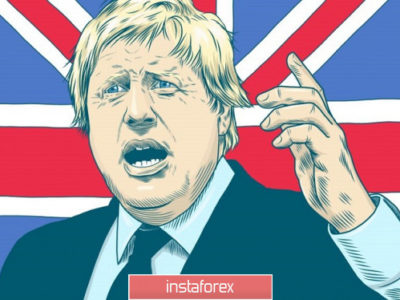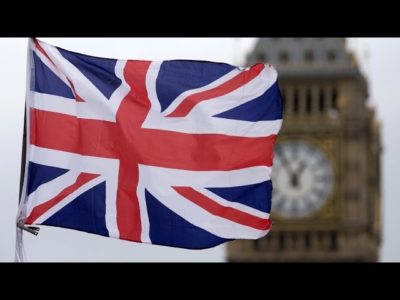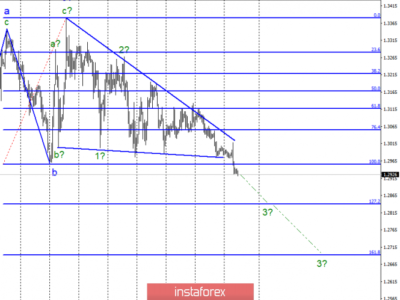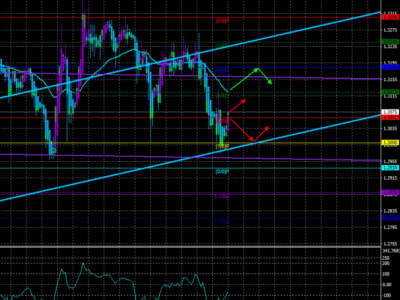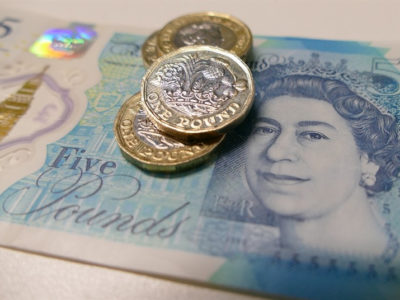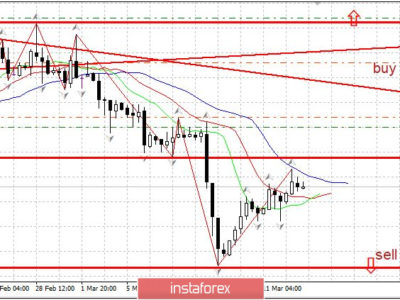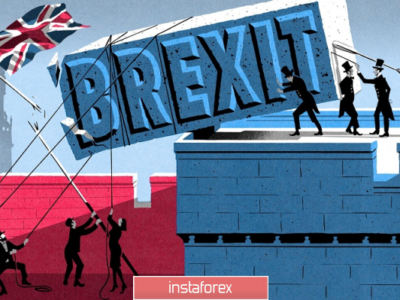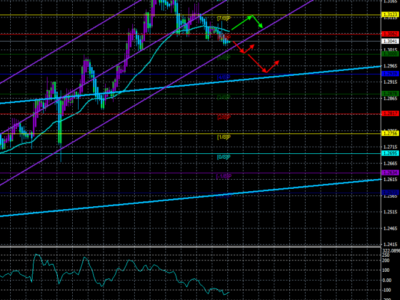World Leaders React to Brexit
The United Kingdom’s vote to leave the European Union left global leaders confronting the threat of contagion and economic turmoil that may soon spread throughout the world. In a shocking blow to pan-European enthusiasts ranging from the United States to the EU itself, the Leave vote received 52% of the ballot on Thursday, confounding the vast majority of prognosticators who were pointing to a clear victory for Remain.
Political elites were against the idea of Brexit from the very beginning. The United States, G7, International Monetary Fund, World Bank and several other institutions warned British voters that a decision to exit the EU would have devastating consequences. In the aftermath of the vote, the response from world leaders has been mixed, to say the least.
US President Barack Obama has tried to limit the fallout from the exit vote, maintaining that Washington would continue to honour its “special relationship” with London and close partnership with Brussels.
“While the UK’s relationship with the EU will change, one thing that will not change is the special relationship that exists between our two nations. That will endure,” Mr. Obama told an event at Stanford University, referring to Britain. “The EU will remain one of our indispensable partners,” he added.[1]
Vice President Joseph Biden made it clear that Washington was hoping for a different outcome all together.
“I must say we had looked for a different outcome. We would have preferred a different outcome,” Mr. Biden said on Friday.[2]
Canadian Prime Minister Justin Trudeau also issued a statement following the Brexit campaign that was in line with Mr. Obama’s pledge to continue working with both Britain and the EU.
“The UK and the EU are important strategic partners for Canada, with whom we enjoy deep historical ties and common values,” Mr. Trudeau said in a prepared statement. “We will continue to build relations with both parties as they forge a new relationship.”[3]
Response from within the EU was much less diplomatic. A senior EU leader told reporters on Friday that the bloc wants the United Kingdom out as soon as possible. Martin Schulz, president of the European parliament, told the Guardian that the EU was looking to speed up the enactment of Article 50 of the Lisbon Treaty, which formally begins the process of Britain’s withdrawal from the now 27-member bloc.
Uncertainty is “the opposite of what we need,” Mr. Schulz said, adding that “a whole continent is taken hostage because of an internal fight in the Tory party.”[4]
Mr. Schulz is referring to the UK Conservatives’ drawn out process of electing a new leader to replace David Cameron, who will be stepping down as Prime Minister of the UK in October. Article 50 is unlikely to be triggered before then. Even when Article 50 is invoked, it would take at least two years for Britain to formally withdraw from the EU.
German Chancellor Angela Merkel feels very differently about the pace and timing of Britain’s withdrawal to leave the EU, adding that there was “no need to be particularly nasty in any way” in the forthcoming negotiations.
The Brexit “shouldn’t take forever, that’s right, but I would not fight for a short timeframe,” she said.[5]
French President Francois Hollande described the Brexit vote as a “grave test for Europe,” adding that leaders must come together in “solidarity and strength” in order to respond to heighted economic and financial risks. Mr. Hollande described the vote as “a painful choice that he already regrets,” before assuring that France would continue to work with the UK.[6]
Global leaders will have a daunting task trying to instil confidence and stability back in the financial markets after Thursday’s vote. The flight to safe haven assets on Friday was a major blow to equity markets from Tokyo to New York. A closely followed indicator of investor fear in the United States spiked nearly 50% on Friday, a sign that markets will experience significant volatility over the short-term. Volatility in the financial markets will likely trigger higher demand for precious metals, the Japanese yen and even the US dollar, which are considered safe havens during periods of instability.
Response from international leaders will likely continue next week as markets brace for the fallout of Brexit. Britain’s decision to quit the bloc after 43 years raises the possibility of contagion across the EU. Only time will tell if other EU members follow Britain down the path of referendum.
[1] Roberta Rampton (June 25, 2016). “Obama tries to limit fallout from British EU exit vote.” Reuters.
[2] Roberta Rampton (June 25, 2016). “Obama tries to limit fallout from British EU exit vote.” Reuters.
[3] Ian Austen (June 24, 2016). “Canadian Leaders React Guardedly to ‘Brexit’ (Well, Most of Them Do).” New York Times.
[4] Jennifer Rankin, John Henley, Philip Oltermann and Helena Smith (June 24, 2016). “EU parliament leader: we want Britain out as soon as possible.” The Guardian.
[5] BBC (June 26, 2016). “Brexit: Merkel says ‘no need to be nasty’ in leaving talks.” BBC.
[6] The Local (June 24, 2016). “Hollande: Brexit vote ‘a grave test for Europe’.” The Local.
The post World Leaders React to Brexit appeared first on Forex.Info.
Source:: World Leaders React to Brexit

